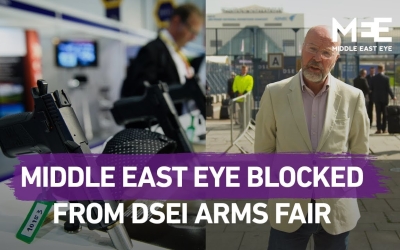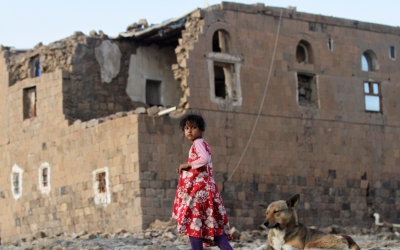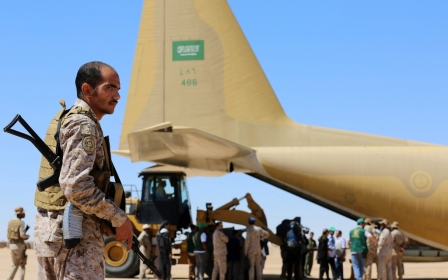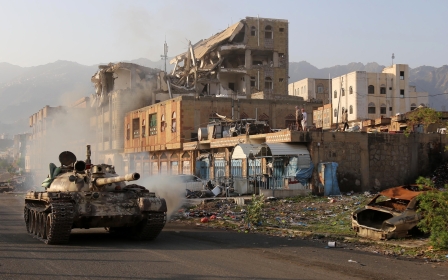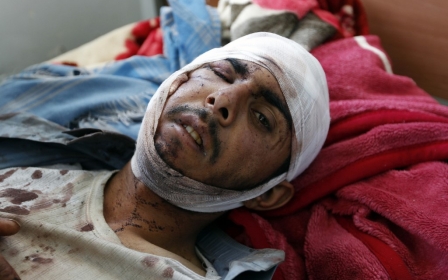UK government admits further breach of arms ban to Saudi Arabia
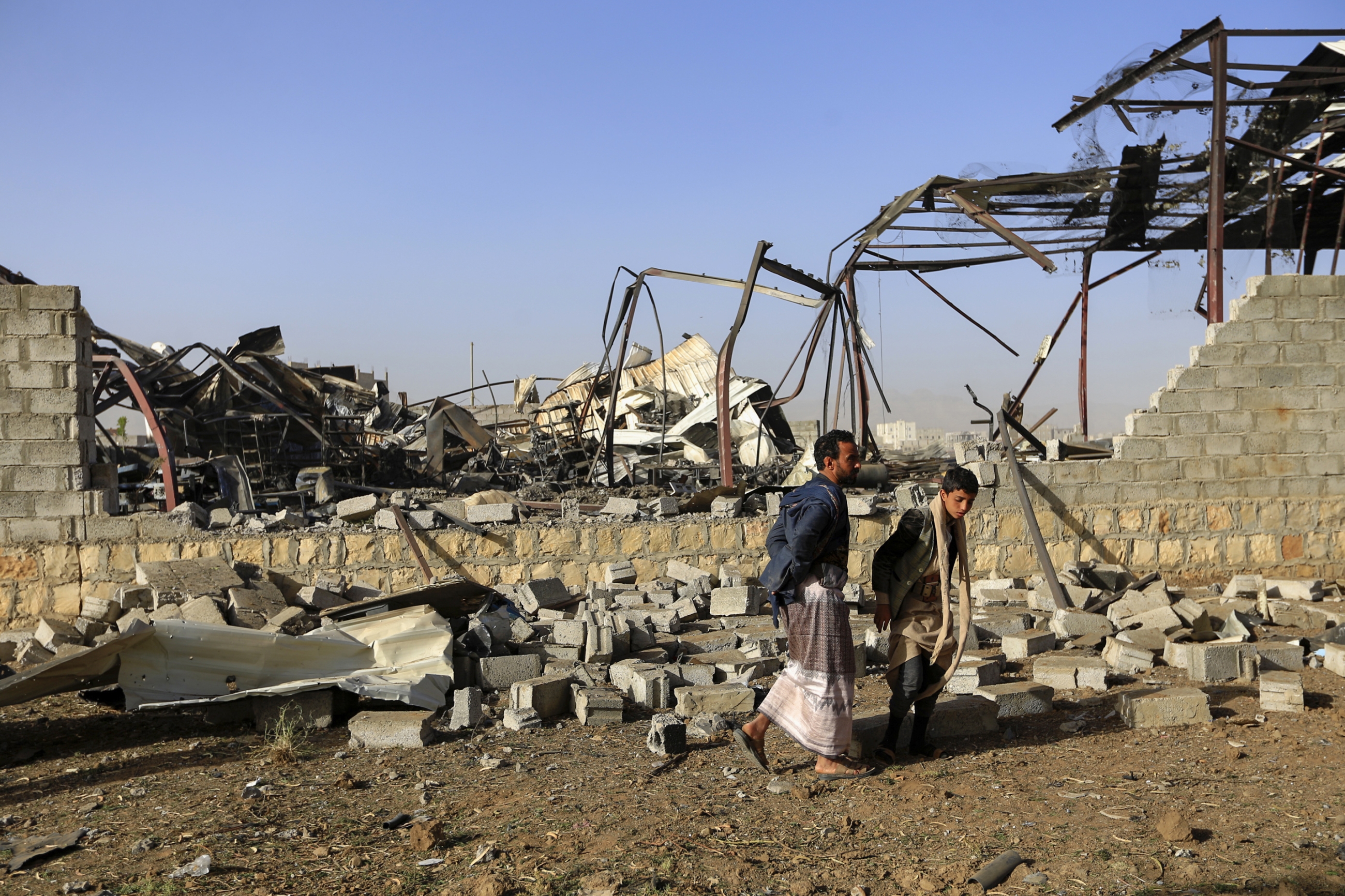
The UK government has admitted that it has made a further breach of a court order suspending licences that allow for the export of military goods to Saudi Arabia that could be used in the war in Yemen.
Speaking on Thursday in response to a question from a Scottish Nationalist Party MP, the British Secretary of State for International Trade Liz Truss admitted the breach, adding it was "possible that more cases will come to light" as an investigation continues.
The SNP's Chris Law, a member of the international trade committee, called the news a “shocking revelation” and accused the government of putting “profit ahead of upholding international humanitarian law”.
The Labour opposition's shadow international trade secretary Barry Gardner said: “The evidence presented during the court proceedings earlier this year… proves that the government has failed to abide by its own undertaking.”
Truss apologised just ten days ago for the UK making two breaches of a June decision by the Court of Appeal, which suspended the granting of arms licences that could lead to breaches of international humanitarian law in the four-year-old conflict.
New MEE newsletter: Jerusalem Dispatch
Sign up to get the latest insights and analysis on Israel-Palestine, alongside Turkey Unpacked and other MEE newsletters
She had faced calls to resign after admitting to the two “inadvertent” breaches of that promise.
'No sales were made'
The minister repeated her apologies for the breaches in the House of Commons on Thursday, but admitted that a further breach had occurred.
"We have identified one further licence that has been granted in breach of the undertaking” given in the Court of Appeal, Truss told MPs, adding that "this licence has not been used and has now been revoked”.
In an email to Middle East Eye, a spokesperson for the minister for exports and trade said: "In this case the licence was granted allowing for the exporter to repair military equipment used by Saudi forces.
"The licences was [sic] not used, no sales were made. The licence has now been revoked," he added.
Truss said the government had also identified a breach to a commitment made to parliament to expand the scope of the suspension to coalition partners operating in Yemen.
A breach involving Jordan was found after the government reviewed the countries which it considered part of the Saudi-led coalition, the group of states involved in fighting Houthi rebels in Yemen since 2015.
"This has identified a further licence in breach of the parliamentary statement - we have reassessed the licence in light of the latest information and subsequently revoked it, in so far as it applies to Jordan,” said Truss.
'Any new issues that emerge'
Since the coalition entered the conflict in March 2015, the war in Yemen has killed tens of thousands of people, and provoked what the United Nations has called the biggest humanitarian crisis on the planet.
The fighting has left 24.1 million - more than two-thirds of the population - in need of aid.
A UN panel of experts found earlier this month that the UK, US and France may be complicit in war crimes in Yemen for arming and providing intelligence and logistical support to the Saudi-led coalition.
Truss said that all licences would "now be referred to ministers rather than being signed off at an official level" and said that the permanent secretary for the Department of International Trade (DIT) had "commissioned on my behalf a full independent investigation".
“We will be open and transparent with the court and parliament as to any new issues that emerge," she added.
Andrew Smith, from Campaign Against the Arms Trade (CAAT), said that there could be "no more excuses" from the government.
"We are always being told how rigorous and robust arms export controls supposedly are, but this shows that nothing could be further from the truth," he said in a statement.
"The system is clearly broken and unfit for purpose. This is symptomatic of a policy that puts arms sales ahead of human rights."
The UK has licensed arms sales worth £4.7bn ($5.8bn) to Saudi Arabia since March 2015.
The kingdom is Britain's biggest weapons purchaser, accounting for 43 percent of the UK's global arms sales in the past decade.
BAE Systems, Britain's biggest defence company, generates 14 percent, or around £2.6bn ($3.2bn), of its group sales from Saudi Arabia.
Middle East Eye delivers independent and unrivalled coverage and analysis of the Middle East, North Africa and beyond. To learn more about republishing this content and the associated fees, please fill out this form. More about MEE can be found here.


